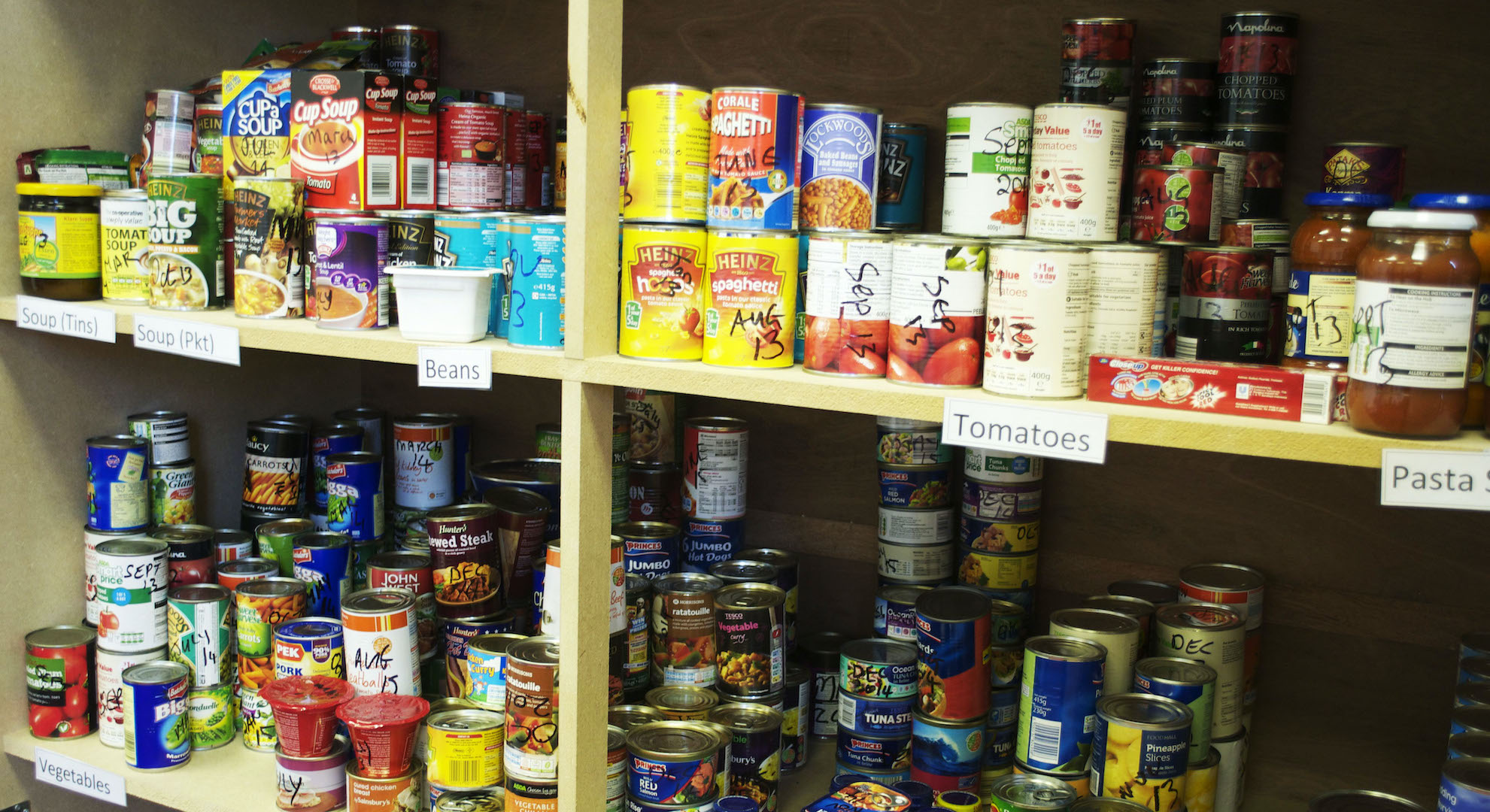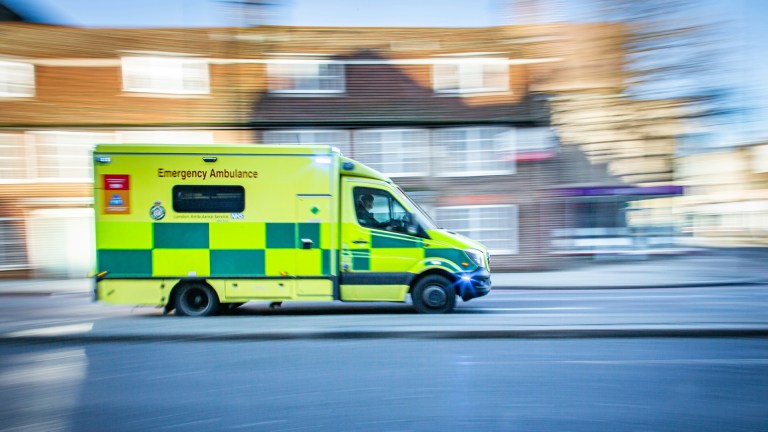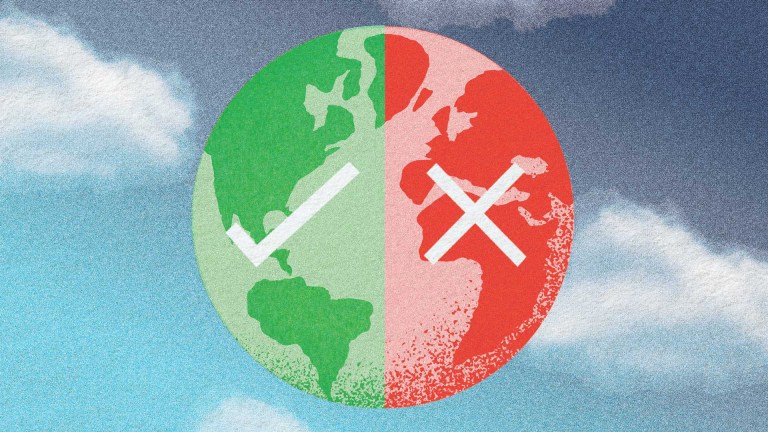Dear Prime Minister,
The Independent Food Aid Network (IFAN) represents over 400 independent food banks in the UK supporting growing numbers of people unable to afford food. The reasons behind rising food bank use are well-documented. These include Universal Credit waiting time, benefit payments insufficient to meet living costs, ineligibility for benefit payments, benefit deductions, benefit sanctions, inadequate wages, and No Recourse to Public Funds status. Our latest figures show an 110% rise in need for emergency food parcels comparing February to November 2020 with the same months last year.
Since March 2020, against a backdrop of increasing demand, independent food bank teams have devised ways to provide emergency food parcels to minimise the risk of Covid-19 transmission to beneficiaries, volunteers and staff members. Volunteers and food bank staff have worked tirelessly often under high level restrictions and facing food supply shortages to provide emergency food aid to people going hungry across the UK. Many are exhausted and in some places volunteer numbers are running low. Now, the rapid spread of the new Covid-19 variant presents far greater challenges and risks.
We are very concerned that the highly contagious new strain of Covid-19 could put food bank staff, volunteers and the people they support at increased risk of infection and that self-isolating measures may involve the reduction in service or closure of food banks. Meanwhile, we know that heightened restrictions, continued job losses and school closures are certain to increase the need for food banks.
The Government should not be relying on volunteers and food bank staff to provide yet more emergency food parcels while putting themselves and a growing cohort of people going hungry at increased risk of Covid-19 infection. It is the Government’s responsibility to ensure people are able to afford to buy food for themselves and their families. It is not for food aid charities to fill the gaps left by holes in the social security system and inadequate wages, now in a more hazardous time than ever.
We firmly believe that to protect public health and limit further transmission of the new strain of Covid-19, the Government must reduce footfall to food banks by prioritising a ‘cash first’ approach to escalating hunger across the UK.
We believe this must include:
- Ensuring there is adequate ring-fenced funding for all local authorities across all UK regions to provide easily accessible and well-promoted cash grants directly to individuals and families unable to afford food and other essentials including those with no Recourse to Public Funds
- Making the £20 uplift to Universal Credit permanent and extending this to legacy benefits
- Ending the five-week wait for a first Universal Credit payment by removing the loan element of advance payments
- Removing the benefit cap
- Ending the 2-child limit
- Permanently suspending No Recourse to Public Funds status
- Ensuring a Real Living Wage is paid across the UK
Arrangements made by the Scottish Government, the Welsh Government and the Northern Ireland Executive over the last nine months have been most welcome, as has the transfer of £63 million in July 2020 then £170 million in December 2020 to England’s local authorities. However, these funds were not allocated with the latest developments in mind and are not necessarily restricted to cash grant systems which would best minimise the risk of Covid-19 transmission.
The distribution of emergency food parcels cannot address worsening poverty and, in the context of escalating infection rates, their provision could well contribute to the spread of Covid-19 in the UK population.
We call on the UK Government to take immediate action to reduce the need for emergency food aid as well as the risk of infection at this critical time and would welcome an urgent response to this letter.
Yours sincerely,
Sabine Goodwin on behalf of the Independent Food Aid Network










